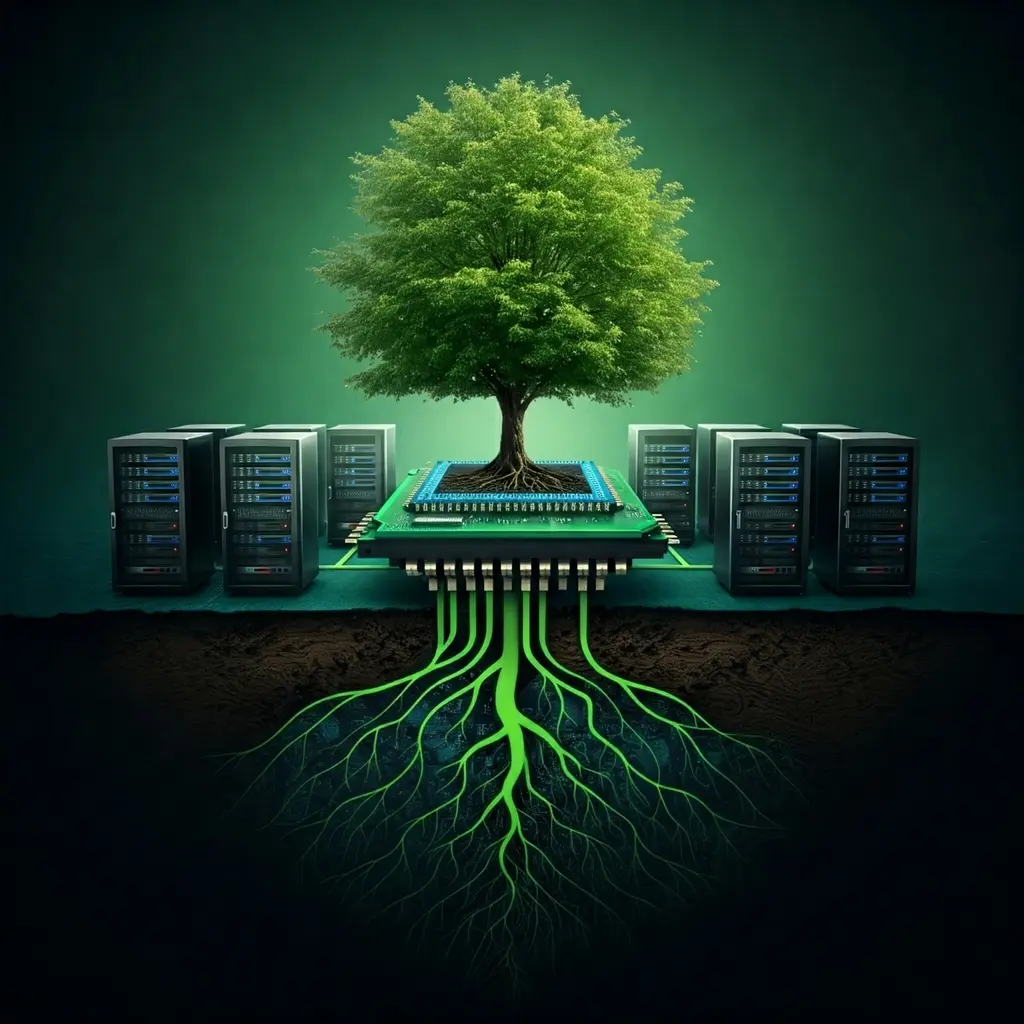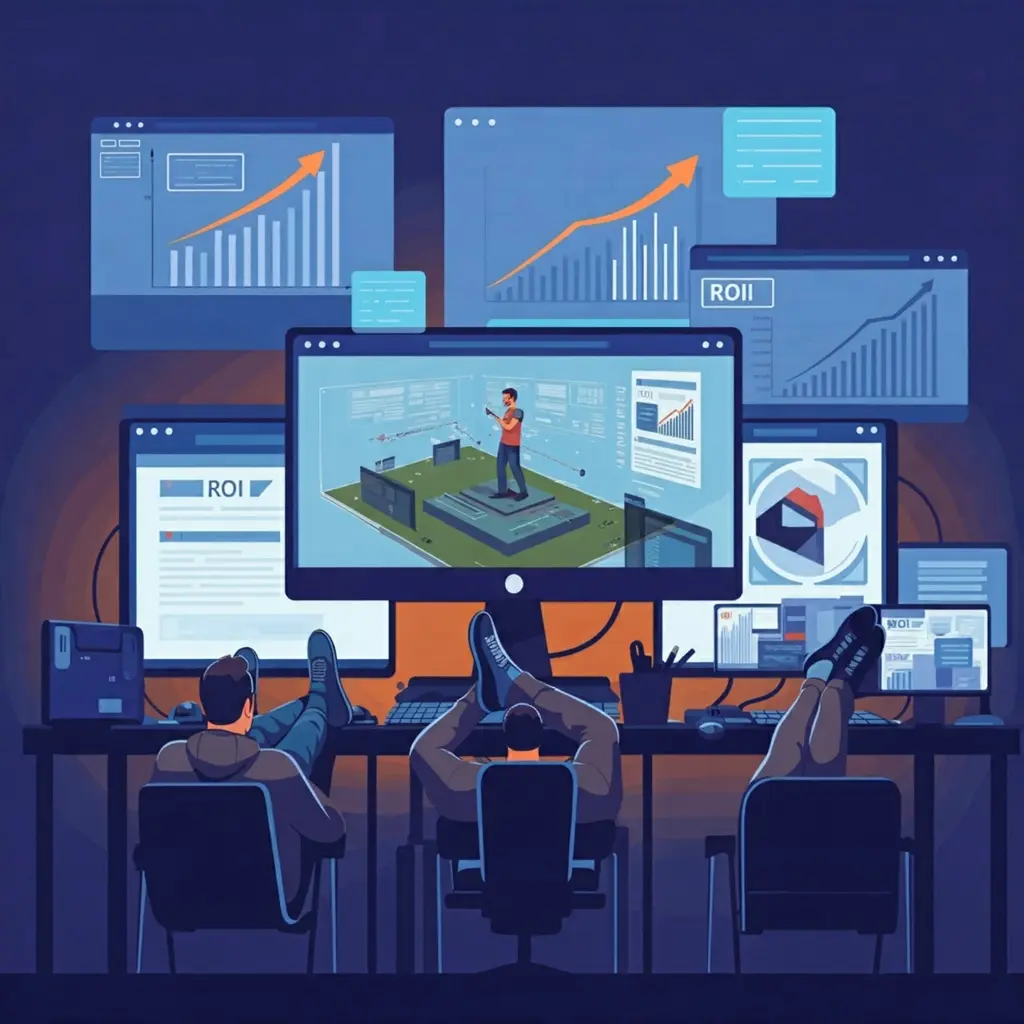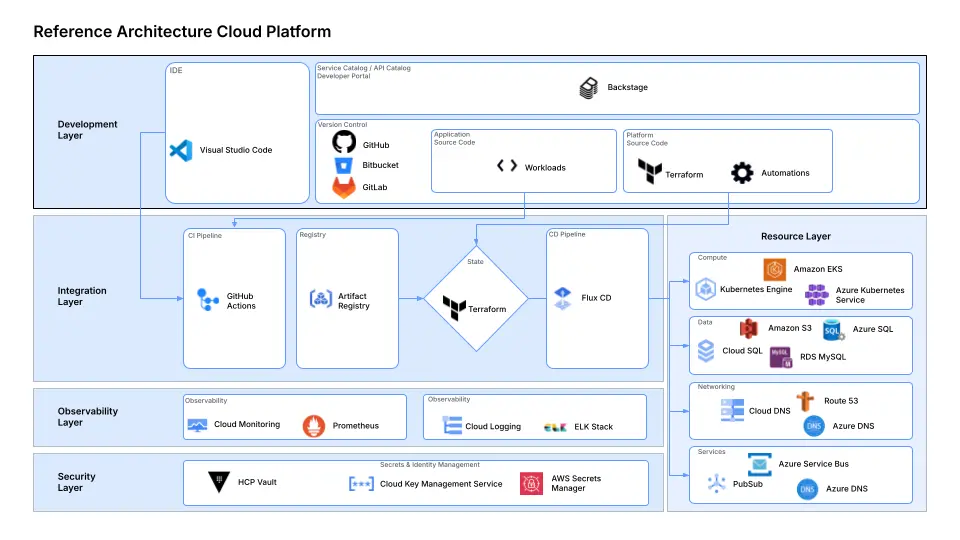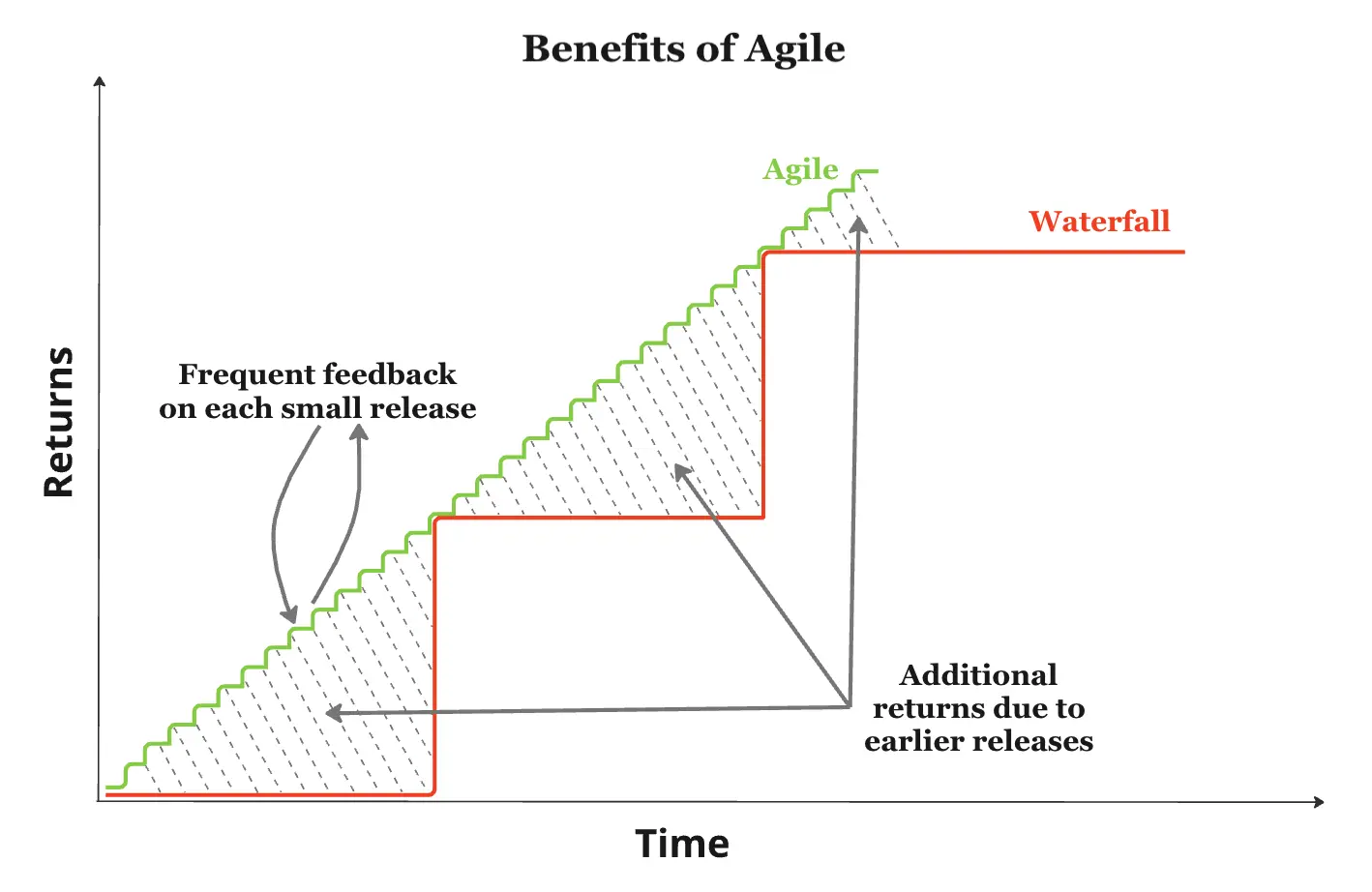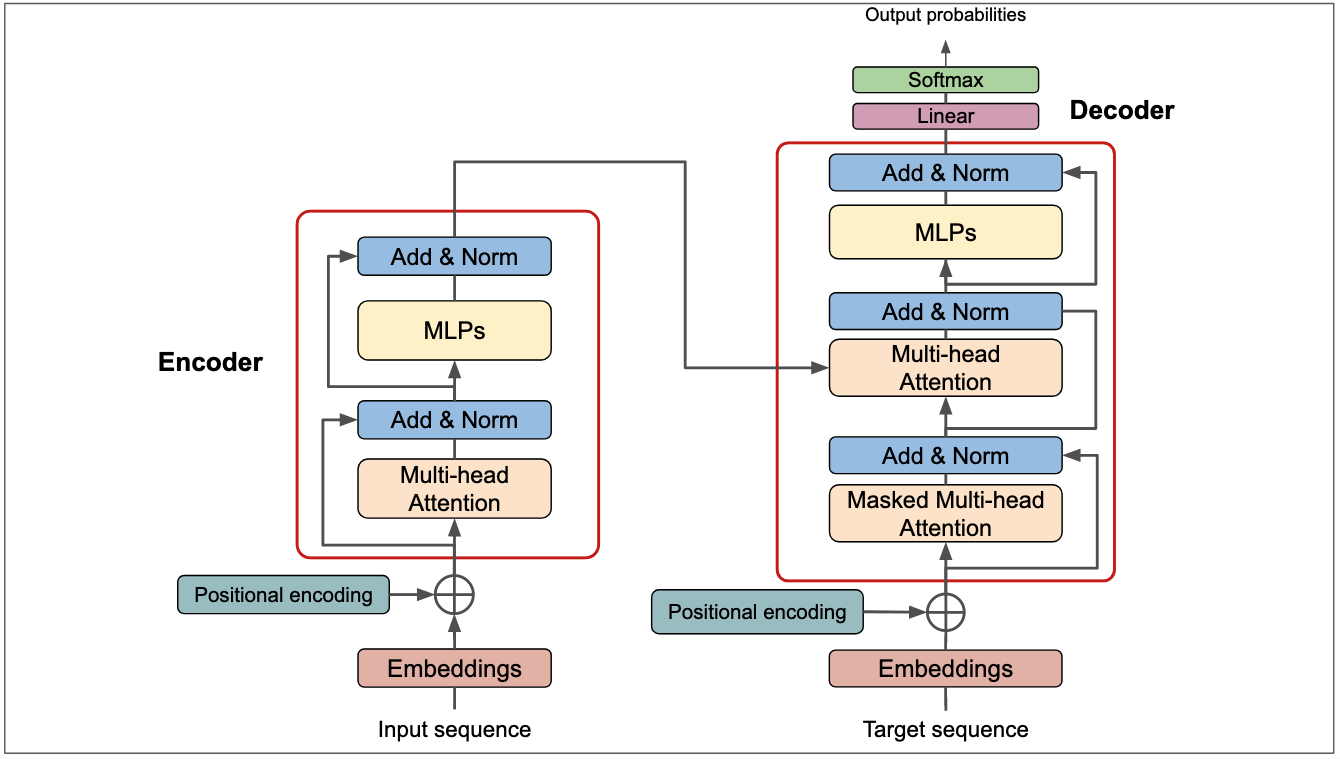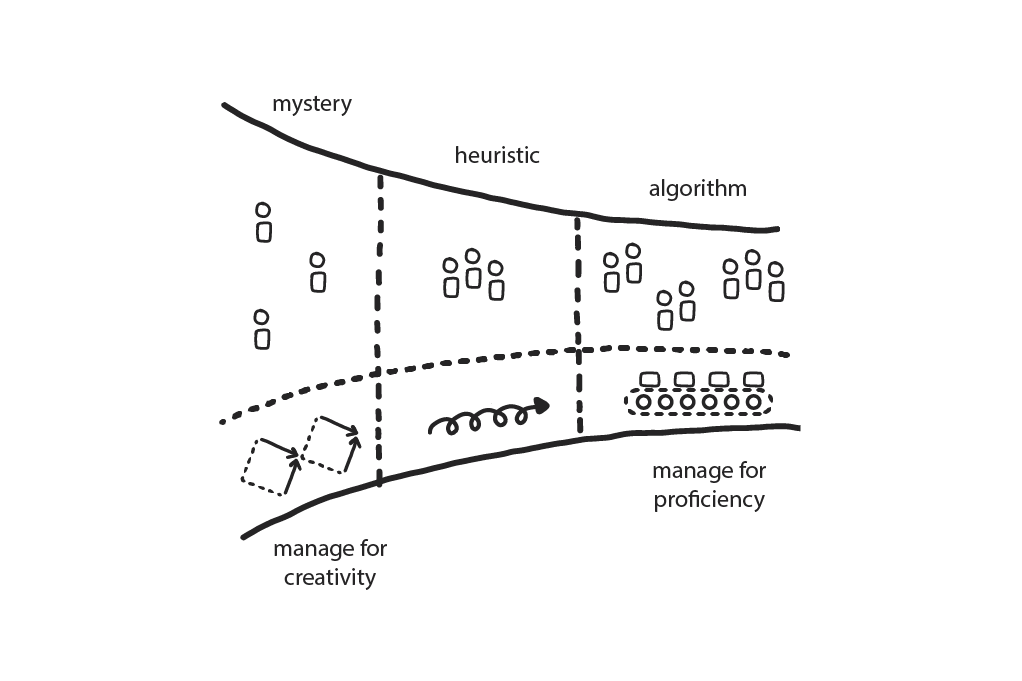No More Greenwashing? 4 Things to Consider If You Work with Software.
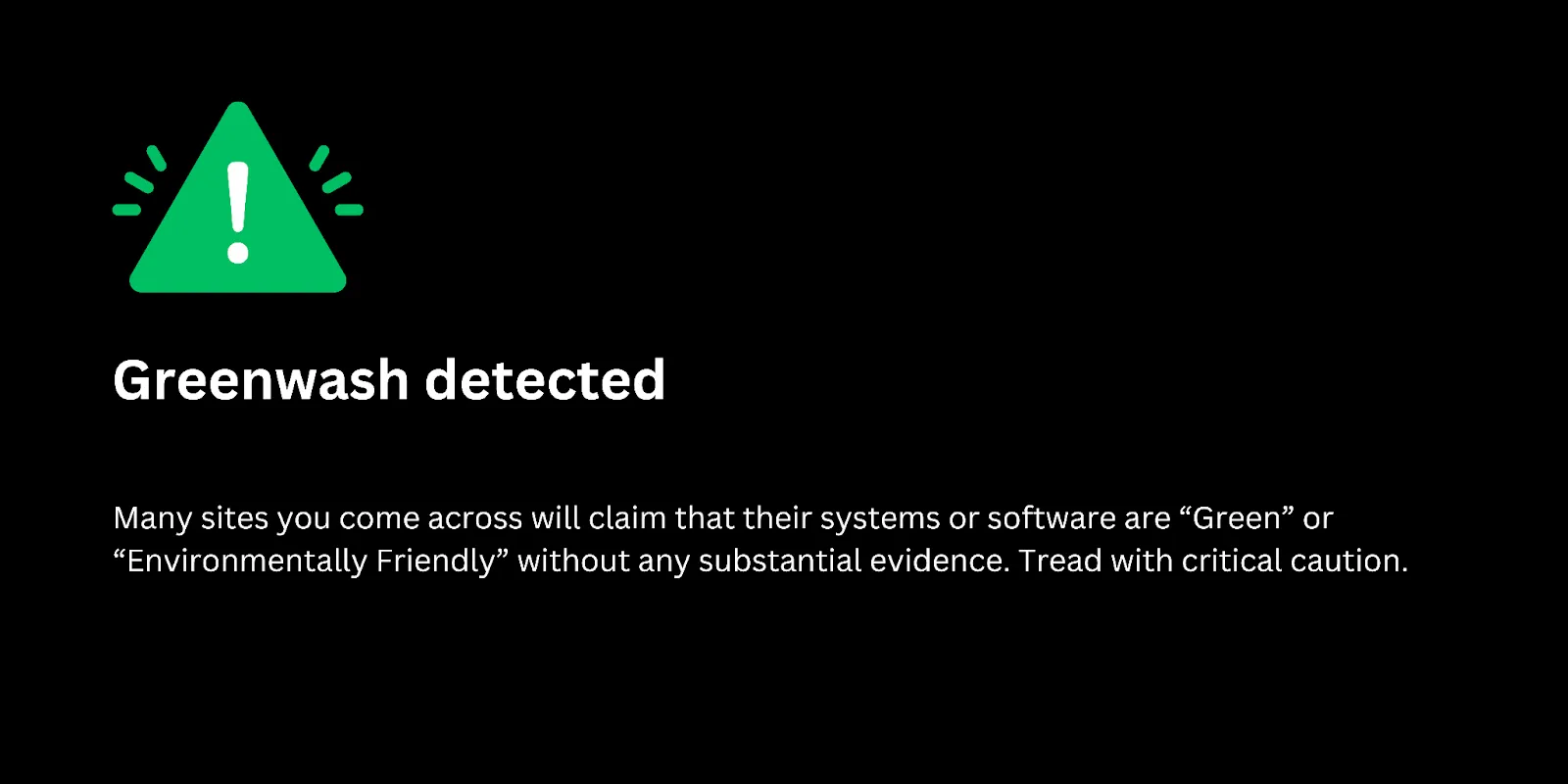
What a week for planet Earth. (And I’m sure it’s been a helluva week for planet Mars too but that’s not my concern right now.)
One of the biggest problems (and unfortunately, the biggest marketing opportunities) is that perception is skewed by the information we have, and not the information we don’t have. This is what many companies play on in order to try to sell us a product, idea or service.
When it comes to reducing our negative impact on the planet, many industries understand that most people are aligned; in that we all want to keep Earth safe and flourishing for as long as possible.
Unfortunately, for now at least, it’s a lot cheaper and easier for companies to make it look like they care, than actually caring and doing the work, which is where greenwashing was born.
Greenwashing definition: behaviour or activities that make people believe that a company is doing more to protect the environment than it really is.
This week, the EU voted on passing one of the strongest laws in the world against this practice.
But what does this mean for software companies? And how have software companies been using the beautiful, dreadful art of greenwashing?
1. Environmental Claims
Many software companies make claims that their systems or software are “green” or “environmentally-friendly”. Before the new law, you did not have to substantiate this claim but rather could have vague “About Us” pages implying the positive impact.
These claims will now need to be demonstrable and show how the software/service is reducing energy consumption and/or utilising resources more effectively.
When thinking in terms of data centers or large technical operations, this means that information on land usage, water usage, and social impact will have to start becoming transparent if companies still want to make these claims.
2. Transparency
Software companies will need to be more forthcoming on their impact. While this aligns well with the EU’s Fit for 55 package, it could also mean that the data that companies have on energy consumption, use of renewable energies, and recycling of hardware, will be made directly available to consumers. Being aware is a great first step for improvement, and challenges the misinformed perceptions we’ve been forming.
3. Demand for more sustainable solutions
Inevitably, as data about current practices and usage comes out, consumers will start pushing for more sustainable solutions . As consumers become more literate in understanding claims, there will be a shift of demand towards companies that actively work on reducing their carbon footprint. This will probably have the biggest impact in tech around hardware, where companies will face a lot of pressure from both consumers as well as legislation, to design hardware that’s repairable and has a longer lifespan (goodbye planned obsolescence!). Demand and Supply have always been a key factor in all markets, and tech companies have been great at spotting trends and getting ahead of the curve. There is little doubt that this will happen again.
Resource-sapping, power-draining, slower-moving companies will lose market share to smaller, greener, cleaner companies.
4. New laws, new opportunities, new technologies
As occurs with all new legislation, there will be entire industries created around these new laws, meaning a rise in technologies that help optimise software and hardware, new ways of utilising old hardware (such as the amazing work done by Scaleway in tripling the lifespan of their server ) and new technologies to track carbon impact.
What are some practical implications that we could see?
- AI/Data companies will start disclosing how much impact their software is having on the environment, giving rise to new thoughts around “is this product worth the damage it’s causing?”
- Data centers will be investing even more in renewable energy sources, trying to reduce the number of fossil fuels that are used in order to have a better image among the general public
- Large software vendors could start optimising software and provide various tools/software to help with energy management
- No more “plant-a-tree schemes”. You will no longer be offered the opportunity to plant a tree when booking a flight or buying a ticket, which in itself will disrupt an entire sector of Carbon Credits. C’mon. Carbon offsets were a terrible experiment in behavioral change. We need to reduce emissions at the source, not chuck them over the wall.
We are only at the very beginning of this wave and while the law will only be phased in over the next two years, this will greatly speed up the tech industry’s investment into greener software. Foundations like the Green Software Foundation and CNCF’s TAG Environmental Sustainability are well-placed to help transition us to a greener future
Keep an eye out for the inevitable shift in perception, now that there will be changes in the information we have.

